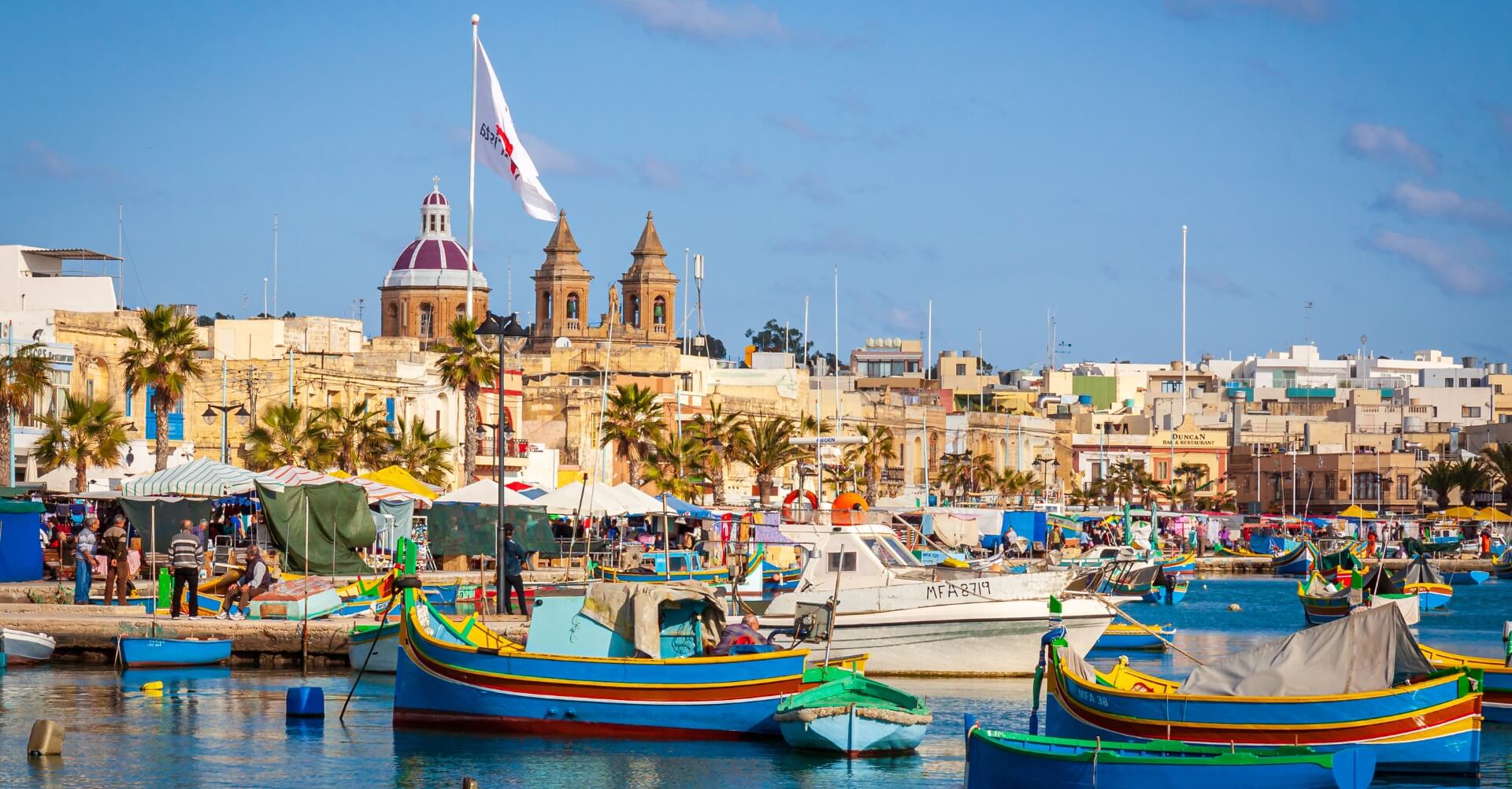
Is a VPN needed in Malta?
Malta, known for its culture and sights, has a mixed record as a VPN server location. It has strong expressive freedoms and data protection laws but criticized surveillance laws lacking safeguards. Data retention regulations permit authorities to compel storing users’ data for up to two years with only ministerial approval, not independent judicial oversight. While Malta enforces IP and copyright laws, piracy rates remain high and enforcement is considered insufficient by the U.S. Though Malta has some positives like freedoms and data protections, weaknesses in surveillance oversight, data collection constraints and copyright enforcement raise questions about suitability for users seeking anonymity.
Pros:
- No mandatory data retention laws – ISPs are not required to store users’ communication metadata.
- No mass government surveillance programs. The government does not systematically monitor Maltese citizens’ online communications.
- Strict data protection laws aligned with GDPR. Strong legal protections for personal data.
For ultimate privacy, we recommend using Switzerland if speed and latency are not a primary concern.
Cons:
- Small country, limited anonymity. It may be difficult to hide your online identity and activities in a small closely-knit country.
- Dependence on foreign tech companies. Maltese internet traffic is routed through major foreign tech companies, exposing data to interception.
- High percentage of foreign intelligence agency activity. Malta’s strategic location and status as an offshore financial center leads to interest from foreign intel agencies.
Freedom of Expression and Censorship
In Malta, freedom of expression is enshrined in the country’s Constitution under Article 41, which guarantees the right to freedom of speech and expression, subject to certain limitations in the interest of public order or morality. Malta is also a signatory to international conventions that protect freedom of expression, such as the European Convention on Human Rights. Overall, the country enjoys a high level of freedom of expression with minimal censorship. However, some concerns have been raised in recent years, particularly following the assassination of investigative journalist Daphne Caruana Galizia in 2017.[1] This tragic event sparked concerns about the safety of journalists and the potential chilling effect on free speech. Additionally, the country’s defamation laws have been criticized for being overly restrictive, although the Maltese government decriminalized defamation in 2018, replacing criminal provisions with civil remedies. While Malta upholds freedom of expression and largely avoids censorship, it is crucial to continue monitoring the situation and advocating for improvements in areas like journalist safety and defamation laws to ensure that this fundamental right remains protected.
P2P and Torrenting
File sharing and torrenting are not blocked in Malta, and users generally have open access to various file-sharing platforms. However, as a member of international agreements like the Berne Convention and the World Intellectual Property Organization (WIPO), Malta upholds international copyright standards and is obliged to enforce copyright laws. While Malta does not directly enforce US copyright laws, the country adheres to international treaties that require the protection of copyrighted works, which includes those originating from the US. Malta’s Copyright Act, which is in line with EU directives, governs copyright protection and infringement procedures. Although copyright enforcement in Malta might not be as stringent as in some other countries, it is essential for users to be aware of the legal risks associated with P2P file sharing and torrenting of copyrighted materials. Engaging in such activities could potentially lead to civil or criminal penalties, depending on the nature and scale of the infringement.
Government Surveillance and Data Retention Laws
In Malta, government surveillance and data retention laws have been a topic of debate in recent years, particularly in the context of balancing national security and privacy rights. Malta’s Data Retention Regulations (S.L. 460.01), which implement the now-defunct EU Data Retention Directive, require telecommunications and internet service providers to retain customer metadata for up to two years. This retention period is meant to aid law enforcement agencies in their investigations and prevent serious crime. However, critics argue that such broad data retention practices can infringe on individuals’ right to privacy, as enshrined in the Maltese Constitution and the EU’s General Data Protection Regulation (GDPR).
Comparatively, regional countries within the European Union also grapple with the challenges of striking a balance between security and privacy. For instance, Italy has implemented data retention laws that require telecommunications operators to store user metadata for up to six years, a considerably longer period than Malta. On the other hand, Germany, which has experienced legal challenges and constitutional court rulings on the matter, has a comparatively shorter retention period of 10 weeks. While all EU member states must adhere to the overarching GDPR framework, individual countries still have some leeway in determining their specific data retention and surveillance policies. This has led to a patchwork of approaches across the region, with varying degrees of privacy protection and surveillance capabilities, highlighting the ongoing challenges in harmonizing these policies while respecting national sovereignty.
Privacy Protections
The government of Malta has taken several measures to protect the privacy of internet users and maintain a balance between surveillance and individual rights. One such measure is the adherence to the European Union’s General Data Protection Regulation (GDPR), which establishes a robust framework for data protection and privacy across the EU, including Malta. Under the GDPR, individuals are granted various rights, such as the right to be informed, the right to access their data, and the right to be forgotten. Furthermore, Malta’s Information and Data Protection Commissioner (IDPC) plays a vital role in safeguarding user privacy by monitoring and enforcing data protection regulations and handling complaints related to data breaches or misuse. The combination of EU-level protections, national regulations, and oversight by the IDPC demonstrates Malta’s commitment to protecting the privacy of its internet users while addressing the challenges posed by government surveillance and data retention laws.
References
1. Boffey, D. (2018, June 13). Daphne Caruana galizia murder: Officials “seeking to stall” inquiry. The Guardian. https://www.theguardian.com/world/2018/jun/13/daphne-caruana-galizia-top-eu-official-flies-to-malta

Leave a Reply